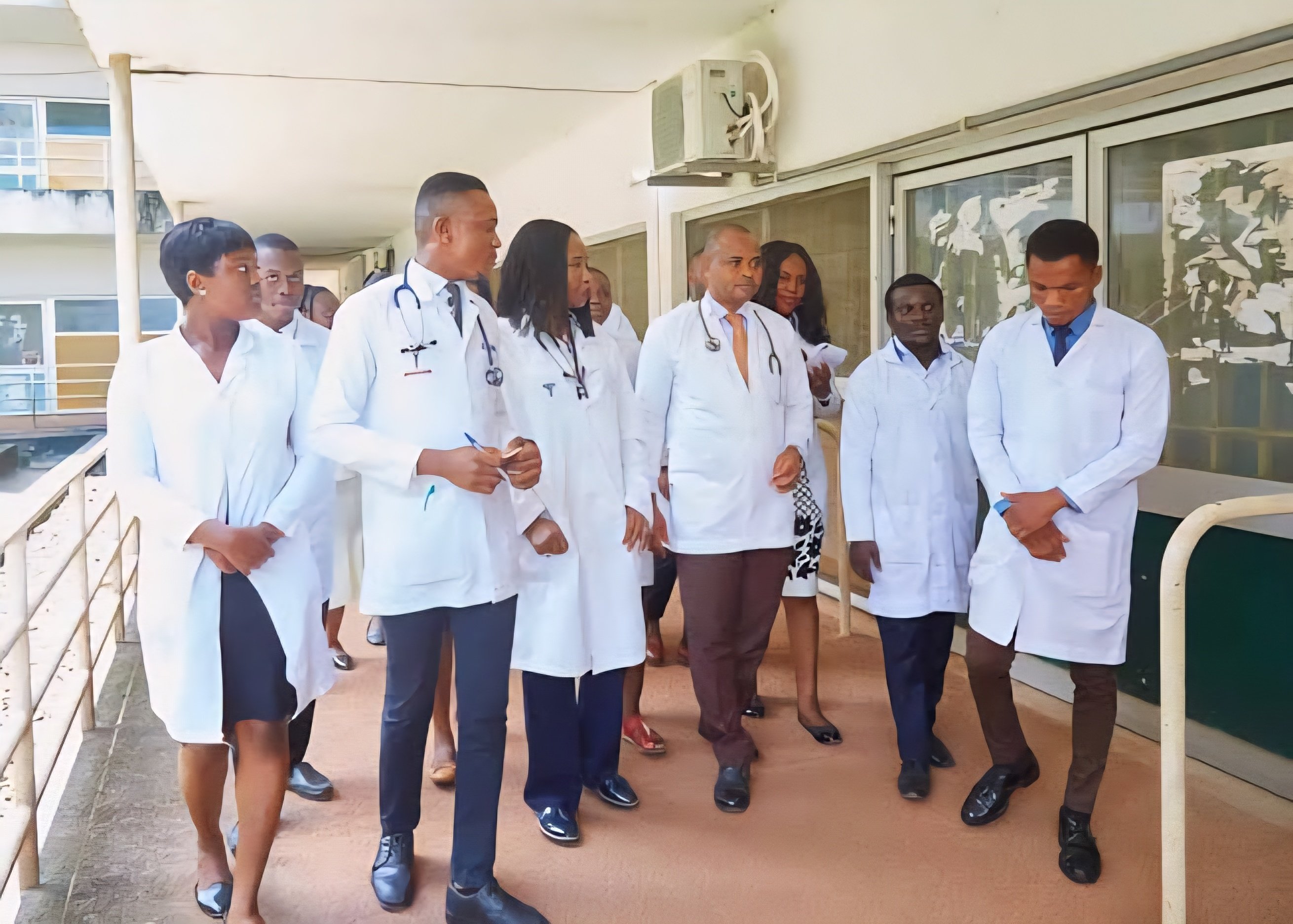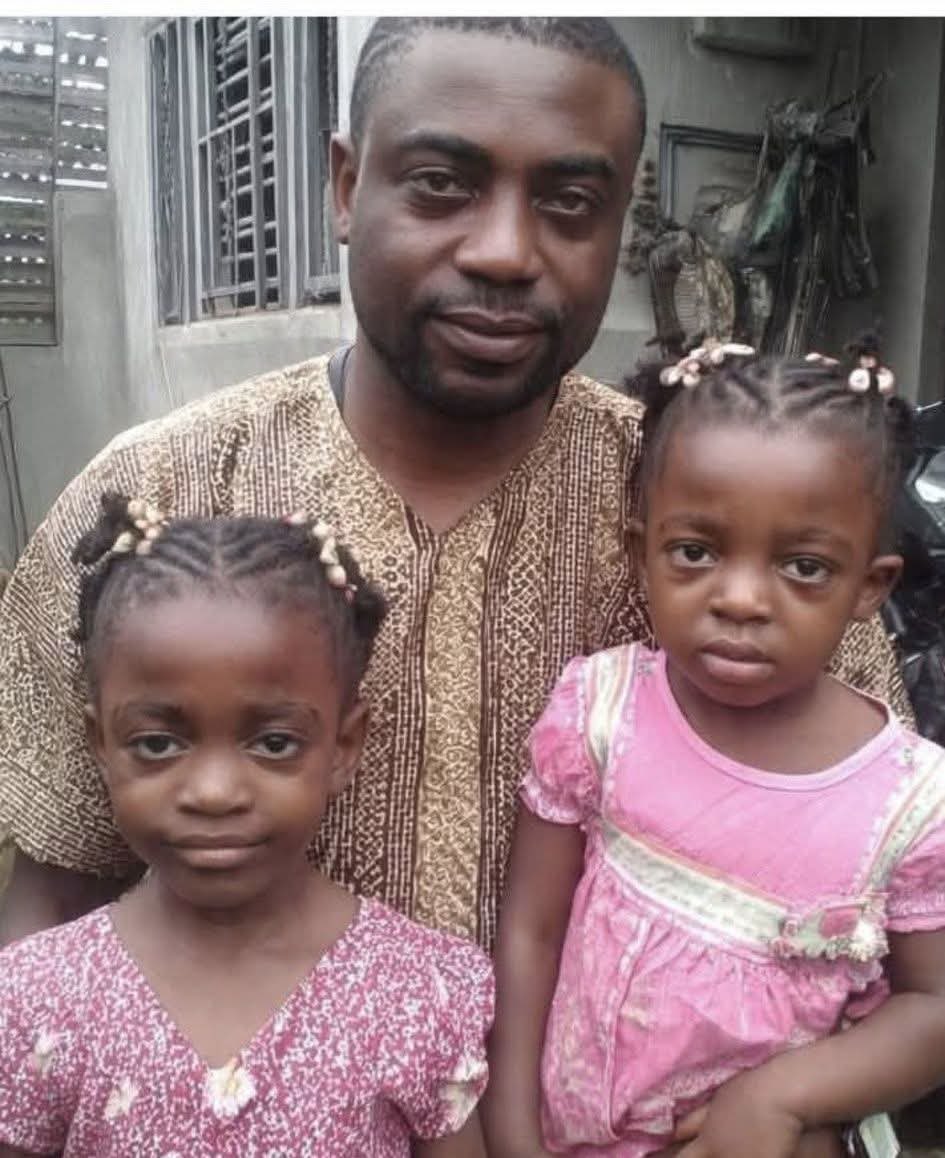
Relief for Patients as Nigerian Resident Doctors Suspend Warning Strike After Talks with Government

After days of heightened tension in the healthcare sector, a major breakthrough was recorded yesterday as the Nigerian Association of Resident Doctors (NARD) announced the suspension of its ongoing warning strike following a crucial meeting with representatives of the Federal Government. The decision, which came after hours of closed-door deliberations, has sparked widespread relief across the nation, particularly among patients who had been left stranded in public hospitals since the strike commenced. For days, several teaching hospitals and federal medical centres had been operating at skeletal levels, with consultants and a handful of non-striking medical staff struggling to manage the overwhelming flow of patients. Reports from across the country had painted grim pictures of crowded emergency wards, delayed treatments, and the postponement of critical surgeries. The fear of a total collapse of medical services loomed large, especially with the already fragile healthcare system stretched thin by underfunding and recurring strikes.
Yesterday’s meeting, however, appears to have averted a prolonged crisis. According to officials present, the talks between NARD executives and senior government representatives covered a range of pressing issues, including salary arrears, the replacement of exited doctors, and the provision of basic medical equipment across teaching hospitals. While no official communique detailing the full resolutions has been released, NARD President disclosed that the government had given assurances that concrete steps were being taken to address their demands. It was on the strength of those assurances that the doctors resolved to suspend the industrial action and return to work immediately.
The announcement was met with a wave of applause from citizens who had been vocal about the devastating impact of the strike on ordinary Nigerians. Social media platforms had been awash with emotional testimonies of patients left unattended, relatives forced to transfer loved ones to costly private hospitals, and families struggling to purchase drugs at exorbitant prices. In one widely shared account, a mother in Kano lamented that her two-year-old son battling pneumonia was unable to see a doctor for two days, forcing her family into debt to seek care at a private clinic. Similar stories resonated in Abuja, Lagos, and Port Harcourt, underscoring the depth of the crisis.
The suspension of the strike now offers a glimmer of hope to these families. In the Lagos University Teaching Hospital, relief was palpable as patients and their relatives celebrated the news. Many expressed optimism that services would gradually return to normal in the coming days. A patient recovering from surgery told reporters that she had been worried her treatment would be disrupted, but now felt reassured. “We are happy the doctors are coming back,” she said with a smile.
Despite the sigh of relief, analysts caution that the suspension of the strike does not necessarily mark an end to the long-running disputes between resident doctors and the government. Over the years, NARD has embarked on multiple strikes, often citing the same unresolved issues of poor remuneration, dilapidated infrastructure, and failure to implement agreements. Critics argue that yesterday’s suspension may simply be a temporary truce unless the government follows through on its promises. They point to previous instances where assurances were made but later abandoned once the strikes were called off.
Health sector experts have repeatedly warned that Nigeria cannot afford the cyclical disruption of medical services. With one of the lowest doctor-to-patient ratios in the world and a steady exodus of trained professionals to more developed countries, the healthcare system remains under enormous strain. Each strike further exposes its vulnerabilities, leaving patients at the mercy of an overstretched workforce. The latest warning strike by NARD, though suspended, once again highlights the urgent need for systemic reforms.
Government officials, on their part, have urged the doctors to show patience as efforts are being made to meet their demands within the limits of available resources. A senior official at the Federal Ministry of Health noted that the administration was not oblivious to the doctors’ grievances and had already initiated steps to clear outstanding allowances. He added that a monitoring committee would be set up to ensure timely implementation of the agreed resolutions, stressing that dialogue remains the most effective approach to resolving industrial disputes in the health sector.
Public reaction to the government’s handling of the crisis has been mixed. While some commend the administration for engaging NARD swiftly and preventing a full-blown nationwide strike, others argue that the repeated nature of these disputes reflects a lack of foresight and commitment to genuine reforms. Civil society groups have called on the government to not only meet the immediate demands of the doctors but to also adopt long-term strategies aimed at preventing future strikes. They argue that healthcare should be treated as a national priority, with consistent investments in infrastructure, staffing, and remuneration.
Meanwhile, hospital administrators are now tasked with the challenge of restoring order after days of disruptions. Several patients who had been discharged prematurely during the strike are expected to return for proper medical attention, while postponed surgeries and consultations will need to be rescheduled. In some hospitals, management has already directed resident doctors to resume duties immediately, with emergency and outpatient clinics gradually reopening.
For the doctors themselves, the decision to suspend the strike was not taken lightly. NARD executives emphasized that their primary duty is to save lives and that industrial actions are always a last resort when dialogue fails. They expressed hope that this time, the government would act in good faith to address their concerns. Many resident doctors, speaking off record, admitted that while they were relieved to be back at work, there remained a lingering sense of distrust born out of years of unmet promises.
As the dust settles, Nigerians are left reflecting on the fragile state of the nation’s health system. The brief warning strike served as a stark reminder of how quickly lives can be endangered when key professionals down tools. The general sentiment among citizens is one of cautious optimism—relieved that doctors are back to work, but wary of another round of industrial action should agreements falter.
For now, patients in public hospitals across the country can once again access medical care without fear of abandonment. From Abuja to Enugu, Kano to Port Harcourt, the mood is one of tentative celebration. But beneath the relief lies a sober realization that without genuine reforms, the cycle of strikes may rear its head again. Nigerians are hoping that this latest suspension is not just a temporary band-aid but the beginning of a lasting solution to the perennial crisis in the health sector.
The suspension of the warning strike may well be the government’s second chance to rebuild trust with the nation’s resident doctors and, by extension, the Nigerian people. Whether it will seize that chance remains to be seen, but for now, hospitals are opening, doctors are returning, and lives are being saved again


